Critical Corner: Be Like Billy and Rigoletto
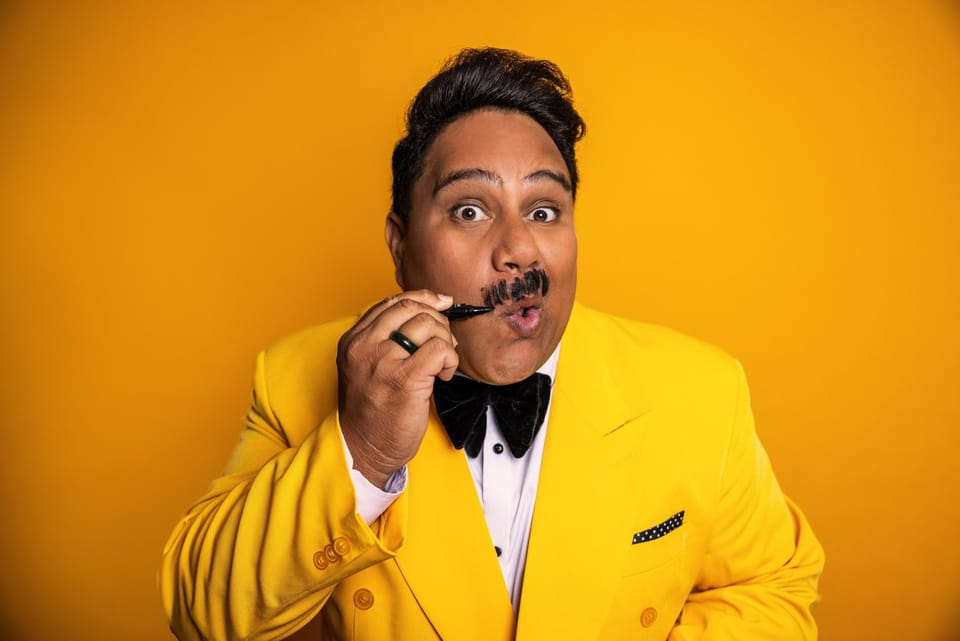
There are few cultural icons in New Zealand who are more ubiquitous than Billy T. James. There’s a very good reason why our most famous comedy award is named after him. That ubiquity does not come without baggage, however. There are serious, vital, conversations about what his legacy means not just for Māori, but popular representations of Māori in culture. (If you’re the thesis-reading type, I highly recommend Dan Burgess’ 2023 thesis on the comedian.)
While Rutene Spooner’s cabaret Be Like Billy takes its name from the comedian, the show quickly reveals itself to be a love letter – and a reckoning – to Māori performers from decades past, ranging from garage parties to the showband era, to the Modern Māori Quartet, who Spooner has performed with. Spooner weaves his own narrative through this, from picking up a guitar at the age of 9 to perform for an audience of preschoolers to his own performances as Billy T James for corporates.
There’s no question that Spooner, as a performer, has the talent to sing across genres and octaves. He’s also an incredible MC, charming the crowd and shepherding them through an impressively fleet 70 minutes. However, what is especially impressive is that he’s able to hold the audience through the thornier bits of the show without letting any of that material feel triggering; a noted moment is a repetition of one of Billy T James’ more controversial jokes, refracted through a Pākehā lens.
Perhaps the most winning thing about Be Like Billy is that it feels so thrillingly alive. As Spooner is processing his own relationship with his predecessors – more than just Billy T. James, but a long lineage of Māori performers – the audience is processing it as well. What is the cost of entertainment, for the performer, for the audience, for the culture? Spooner holds us through this process, and you get the sense that with each performance he might be working through a little bit more of it. Spooner’s processing is always a conversation with his predecessors, however. It’s never a condemnation.
This makes it sound like a heavy show, but Spooner is carrying the show – and us – on his shoulders. As he says towards the end of it, he is having this korero so that the generations that follow him don’t have to. They don’t have to be the butts of jokes, or have to make ethical compromises with their performances. The work that Spooner is doing is weighty, but the result is joyous, and cathartic.
A show like Be Like Billy deserves to be seen around the country, for a long time. With this show, Rutene Spooner (and director Holly Chapell-Eason) have created a show that deserves to be more than the latest in a long line of complex shows that interrogate the place of Māori performers in culture. It deserves to be part of the canon of New Zealand theatre.
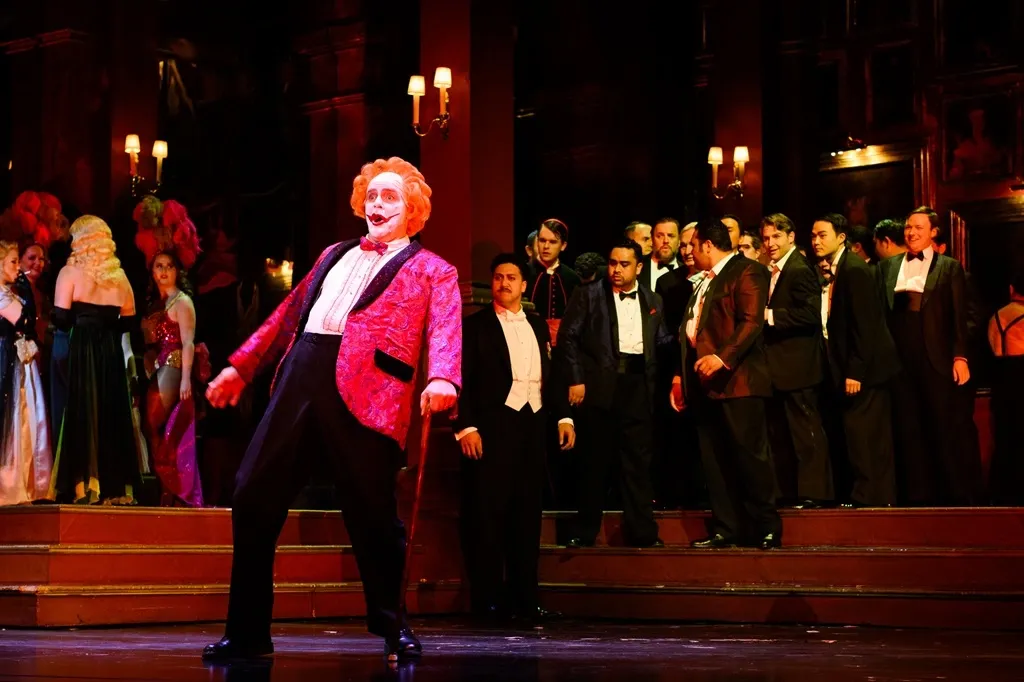
From the other end of the spectrum is Rigoletto, NZ Opera’s closer to their 2024 season. As operas go, this is one of the ones with songs that you won’t recognise from bank ads. It is an opera you probably have heard of, but likely haven’t seen. The plot is delightfully simple: Jester Rigoletto makes enemies of people at court, but falls afoul of Count Monterone, who curses both him and the Duke of Mantua, who also happens to be seducing Rigoletto’s daughter, Gilda.
For what it's worth, Rigoletto has never been one of my favourite operas. For me, the first act circles the airport without being musically dynamic enough to sustain interest, and while the second act really lands, by that point, it is hard to drum up interest. I’m aware I’m in the minority here, as several centuries of critically-acclaimed performances and fairly consistent programming can attest to.
As with any modern performance of opera, half of the thrill is seeing how they interpret it. NZ Opera has set their version of Rigoletto in the midst of 1950s Italy, specifically Fellini’s version of Italy. If this wasn’t clear enough, a Claudia Cardinale-esque figure gallivanting across the stage towards the beginning is the most ostentatious wink towards it. It’s a setting that works well for Rigoletto, especially the second act, which feels all the world like it was drawn from Night of the Hunter, of all things. It’s a credit to set and costume designer Michael Yeargan that this concept doesn’t feel like a new coat of paint over old, but organically drawn from the text.
The other thrill is seeing a cast play at the height of their powers. The highlights here are Elena Perroni as Gilda (looking like a dead-ringer for Sabrina Carpenter in that blonde wig), who manages to actually reach past the lip of the stage with lovelorn anguish, and Sian Sharp in the dual role of Maddalena and Giovanna. Sharp is especially delightful as the latter, managing the difficult feat of achieving subtlety in a form that is not known for grace notes, and in a venue as large as the Kiri Te Kanawa Theatre.
As with any opera – and any show, really – there is the question: why this show? Why now? I’m not sure if Rigoletto quite answers that. Again, my bias shows here, I’ve never been the biggest fan of the story or its structure. But as I am beginning to learn with these massive, mainstream operas (and ballets), the “why” is often about the chance to experience spectacle and scale. To imagine bigger than a black box theatre. With its massive ensemble and huge rotating set, there’s a lot to love onstage about Rigoletto, even if Rigoletto itself isn’t for you.
Be Like Billy runs until Saturday 28th at Te Pou Theatre as part of Koanga Festival. Rigoletto ran at Kiri Te Kanawa Theatre as part of NZ Opera’s 2024 season.

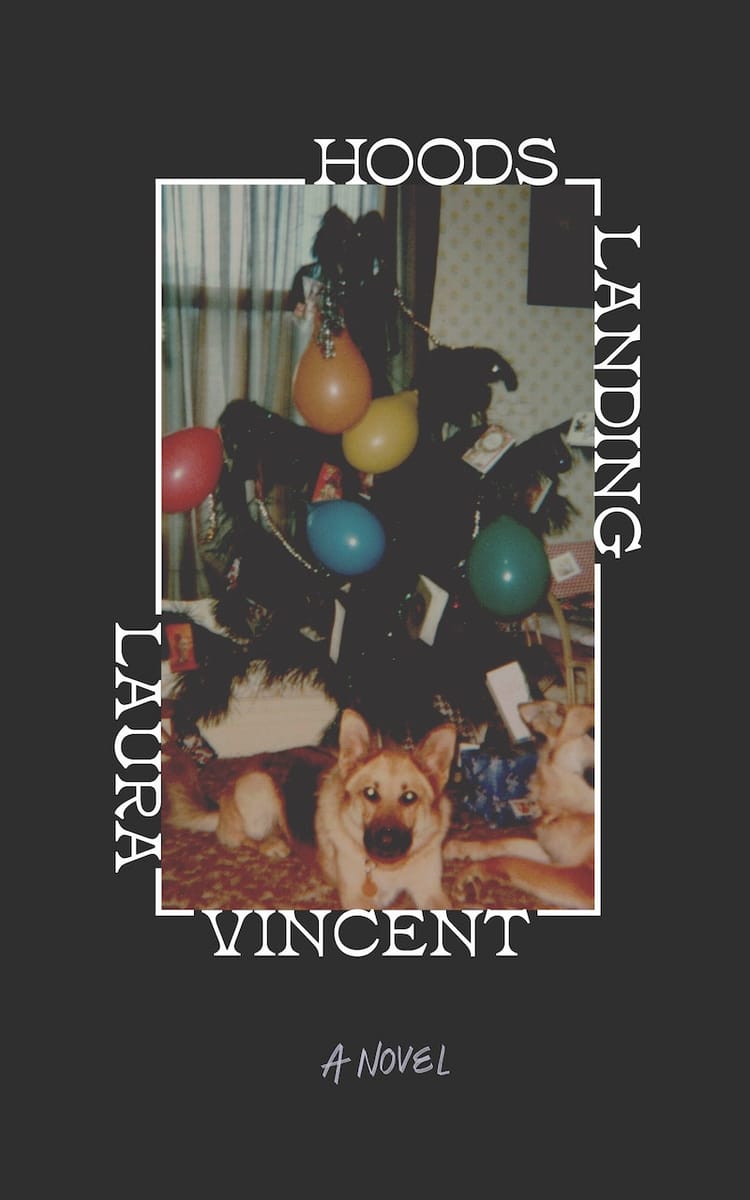
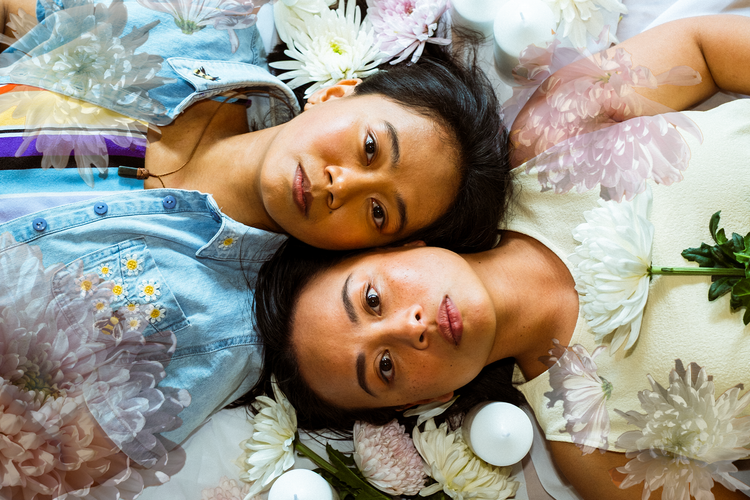
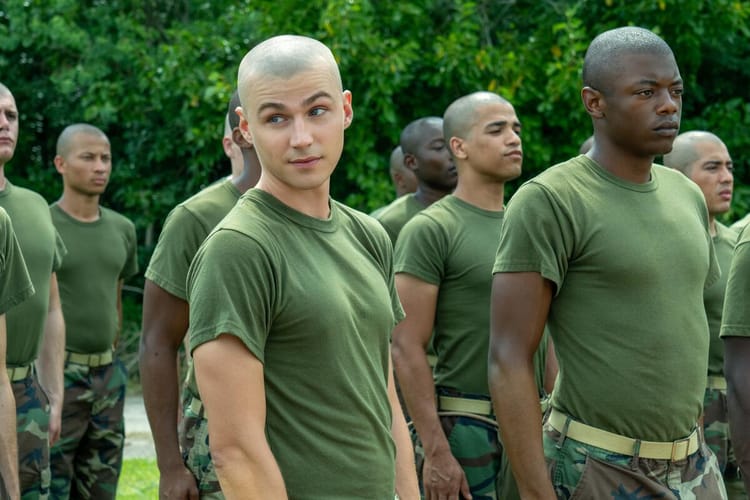

Member discussion